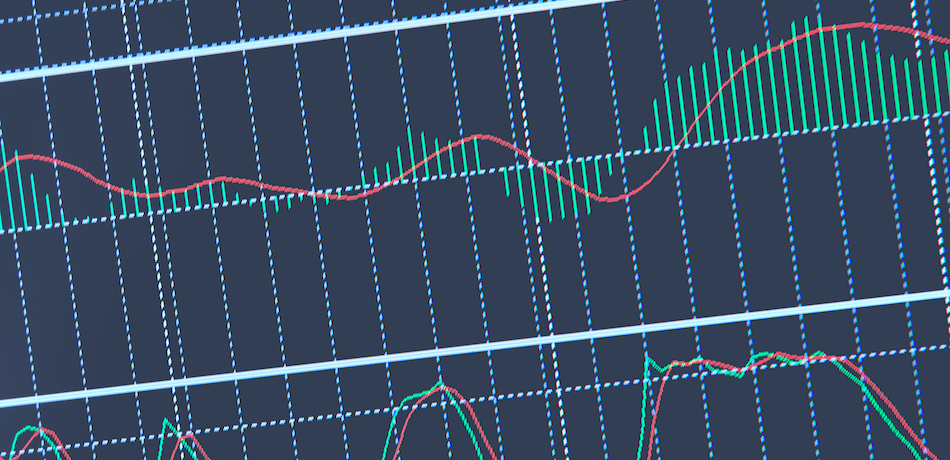China is the largest globe wildcard but will not derail the world economy this year according to Coutts, the UK wealth manager.
Alan Higgins, chief investment officer; Terence Moll, head of investment strategy; Mark McFarland, global chief economist, and Mike Edlinger, head of bespoke portfolio management said in a note today that despite global equity markets falling sharply this year Coutts remains optimistic about global economic and financial fundamentals and is maintaining a positive view on equities.
The report said: “By their nature, equity markets are volatile, and this volatility often has little or no fundamental basis. When we look at the world economy, we find that most of the factors associated with equity performance in the long run are broadly positive.”
Global equity markets have fallen after Chinese stock markets were suspended twice this week. After volatility last summer, the Chinese authorities introduced circuit-breakers from the start of this year to suspend trading on the Shanghai and Shenzhen stock exchanges if prices fell by 7%. As a result trading was suspended in Shanghai within 30 minutes today and led to the Chinese securities regulator suspending the circuit-breaker mechanism.
“Growth in China will slow further this year, as it should, to help the economy rebalance,” added Coutts. “And we don’t believe China will aggressively devalue the renminbi and cause chaos in Asia, as some market commentators fear. Instead, it will simply manage its currency more flexibly than in the past, to allow it to run a more appropriate domestic monetary policy.”
Coutts expects the world economy to speed up this year, with China and the rest of emerging Asia remaining firm, and Europe and the US stronger than in 2015. The wealth manager said corporate profit margins are healthy across the globe and earnings growth should be comfortably positive.
“Many global risk indicators are in danger territory, while press reports point to widespread investor pessimism,” added Coutts. “Historically though, when investors are depressed assets tend to be cheap and equity returns are often positive over the next few months.”
At the end of last year, the Investment Association's inaugural Asset Allocation Poll found that financials and Japan were the top equity picks for 2016. The Investment Association represents UK investment managers who manage more than £5.5 ($8) trillion on behalf of clients.
The majority, 56%, of firms said financials is the top equity sector to watch this year and 45% said Japanese was the most attractive region for equities.
Heidi Richardson, global investment strategist at BlackRock and head of investment strategy for US iShares also said that investors should consider Japanese equities. In the firm’s new Investment Directions monthly market commentary she said Japanese valuations look particularly attractive relative to those of other major developed markets and remain inexpensive despite outperforming their US and European peers.
“To be sure, the Japanese market does face potential headwinds, including high public debt and an aging population. In addition, further Chinese yuan devaluation spells trouble for Japanese exporters,” added Richardson. “However I believe there’s still a very strong case for investing in the Land of the Rising Sun.”
In fixed income the Investment Association poll said corporate bonds are expected to offer the best returns this year with 56% tipping investment grade bonds to outperform. The survey found that 89% of firms expect a UK interest rate rise in either the second or third quarter of this year.
The Investment Association said: “Many of our member firms pointed out the importance of remaining focused on long-term themes rather than chasing short-term news events.”
Larry Tabb, chief executive of consultancy Tabb Group, said in a report today that 2016 will remain challenging for hedge funds, after a poor 2105, as leverage will be expensive and hard to obtain.
Tabb said: “While the direction of rates will be more certain, it will be harder to take advantage of them without prime brokers’ balance sheets opening up. Long-only funds will continue to be pressured by exchange-traded funds, whose low-cost structure will continue to prove problematic for traditional brokers.”
Featured image by Shock/Kozzi














